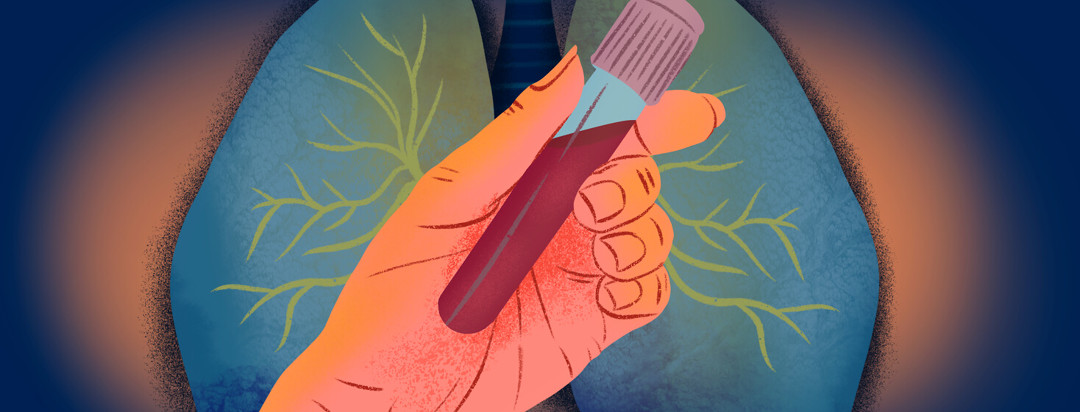Health Risks For Cystic Fibrosis Carriers
Cystic fibrosis (CF) is a genetic disease caused by two mutated copies of a gene called the cystic fibrosis transmembrane conductance regulator (CFTR). CF carriers have one mutated copy of CFTR. The non-mutated copy allows them to live without CF.1,2
Most carriers do not have symptoms of CF. However, some say they have mild symptoms. New research shows CF carriers have a higher risk for CF-related issues. Because of this, CF screening is encouraged, especially for those with family members with CF or those wanting to start a family. Knowing your CF carrier status can help you understand your health risks so you can take care of yourself.1-3
CF carrier genetics
Genes contain our genetic program. Each gene has two copies: one from your mom and one from your dad. Genes can mutate which causes them to malfunction. One mutated copy of a gene is not usually a problem as long as the other copy is normal. If both copies of CFTR are mutated, you have CF. If one copy is mutated, you are a CF carrier.2
Risks of being a CF carrier
A 2020 study compared 19,802 CF carriers to 99,010 healthy non-carriers. They assessed the risk for getting 59 different health problems. CF carriers have a higher risk for 57 of 59 conditions. Most of these are the same conditions that affect people with CF. However, the following higher-risk conditions for CF carriers were previously unknown:1,2
- Constipation
- Type I and secondary diabetes
- Gallstones
- Failure to thrive (infants)
- Jaundice
- Scoliosis
CF carriers are also more likely to have health problems that affect more than one organ system.2 The more common a CF condition is, the more common it is in CF carriers. For example, some people with CF may have diarrhea, but lung infections are more common. Therefore, the risk of lung infections in CF carriers is higher than for diarrhea.2
Risk versus probability
This study points out that CF carriers are somewhat more likely than non-carriers to have certain health issues. However, the probability that you will actually get one of these conditions is still very low. For example, the study shows CF carriers have a higher risk for pancreatitis. Yet, the number of CF carriers who actually get it is less than 1 in 100.2
Symptomatic CF carriers
Most CF carriers do not have symptoms, but some do. Symptoms are not as bad for carriers are they are for people with CF. Symptomatic CF carriers could feel any number of mild CF symptoms. This is because the CFTR gene can be mutated in 1,700 different ways. Different mutations can affect each organ system in unique ways.1-4
Informed health decisions
The study highlights possible health risks for CF carriers. This can help CF carriers make more informed health decisions. Your doctor may do more health screenings. You may need to make lifestyle changes. For example, your CF carrier status may prompt your doctor to recommend dietary changes since you could have a higher risk for gall stones.2
Family planning and genetic counseling
If you are planning to start a family, the American College of Obstetrics and Gynecology (ACOG) recommends CF carrier screening. If you, your partner, or both of you carries a mutated CFTR gene, a genetic counselor may be assigned to help you understand what your baby’s risks are.5
CF carrier test
You will need a CF carrier test. Your doctor will either take a blood sample or swab the inside of your cheek. If you have a mutated copy of the CFTR gene, your doctor will be able to find it easily.

Join the conversation